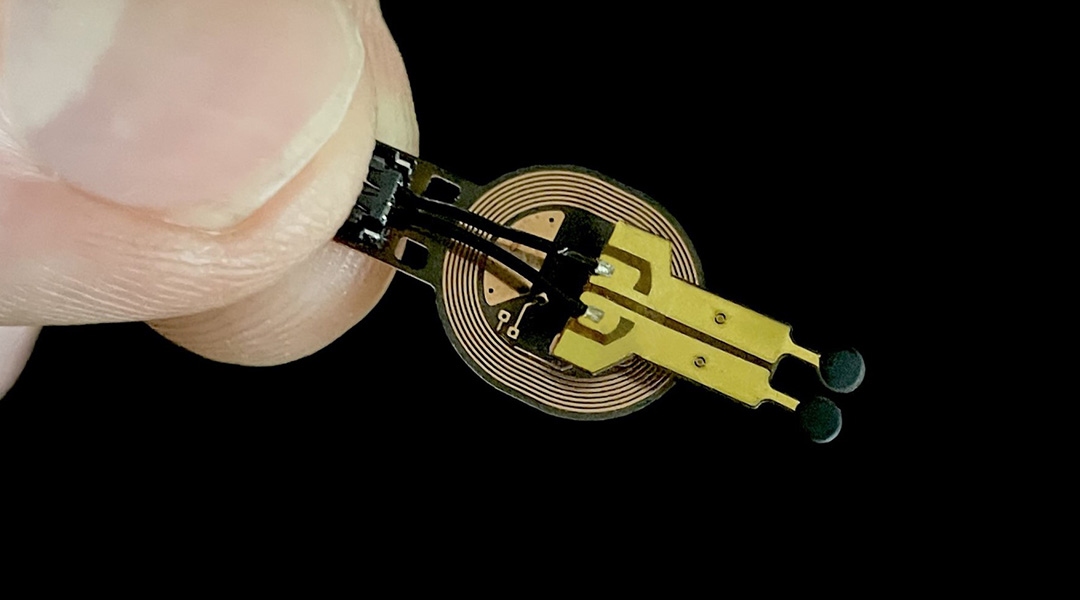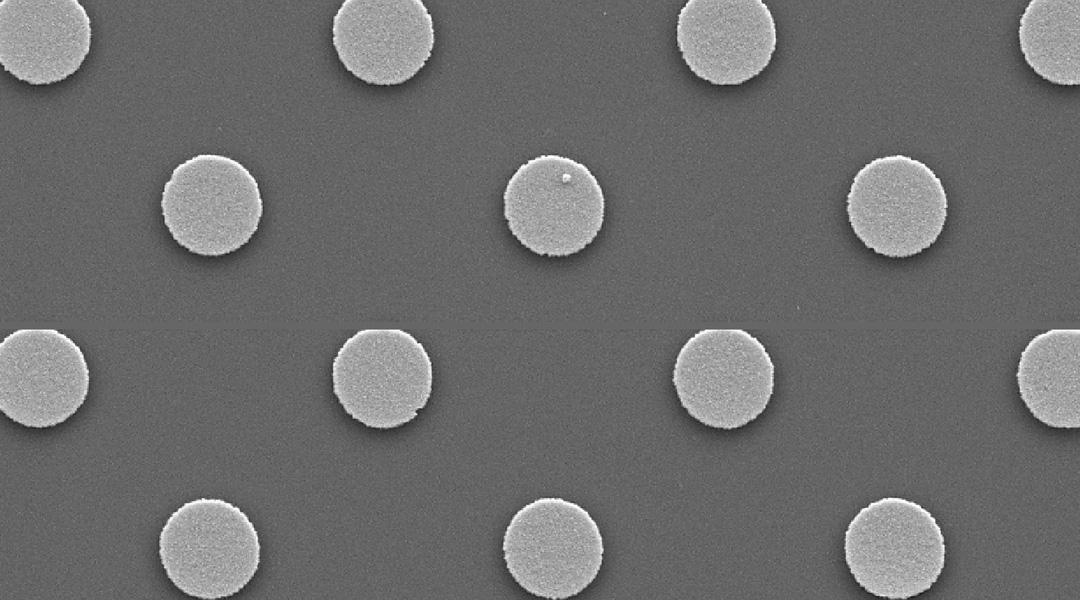Researchers create a multi-layered electronic skin that mimics human skin with applications ranging from robotics to telehealth.


Researchers create a multi-layered electronic skin that mimics human skin with applications ranging from robotics to telehealth.

AI is changing the labor-intensive process of manual cell counting, offering improved accuracy, efficiency, and a door into new scientific applications.

When building a functional model of the brain, it’s crucial to think about more than just neurons.

Scientists develop a sensor that predicts wound healing rate with more than 70% accuracy.

A membrane embedded with magnetic microdisks mechanically stimulates pancreatic cells to produce insulin, which could help treat diabetes.

Capable of measuring stress through micro gestures “EmoSense” could find its way to wearable electronics in the future.

Researchers demonstrate a technique for reliably coating microneedles with antibacterial agents

An acid sensitive hydrogel makes it possible to detect dangerous leaks before they cause damage.

Study finds air pollution, specifically ozone exposure, has a disruptive affect on the genes responsible for circadian rhythms in the lungs.

A specific epigenetic signature in patients who respond to chemotherapy offers potential to improve treatment.